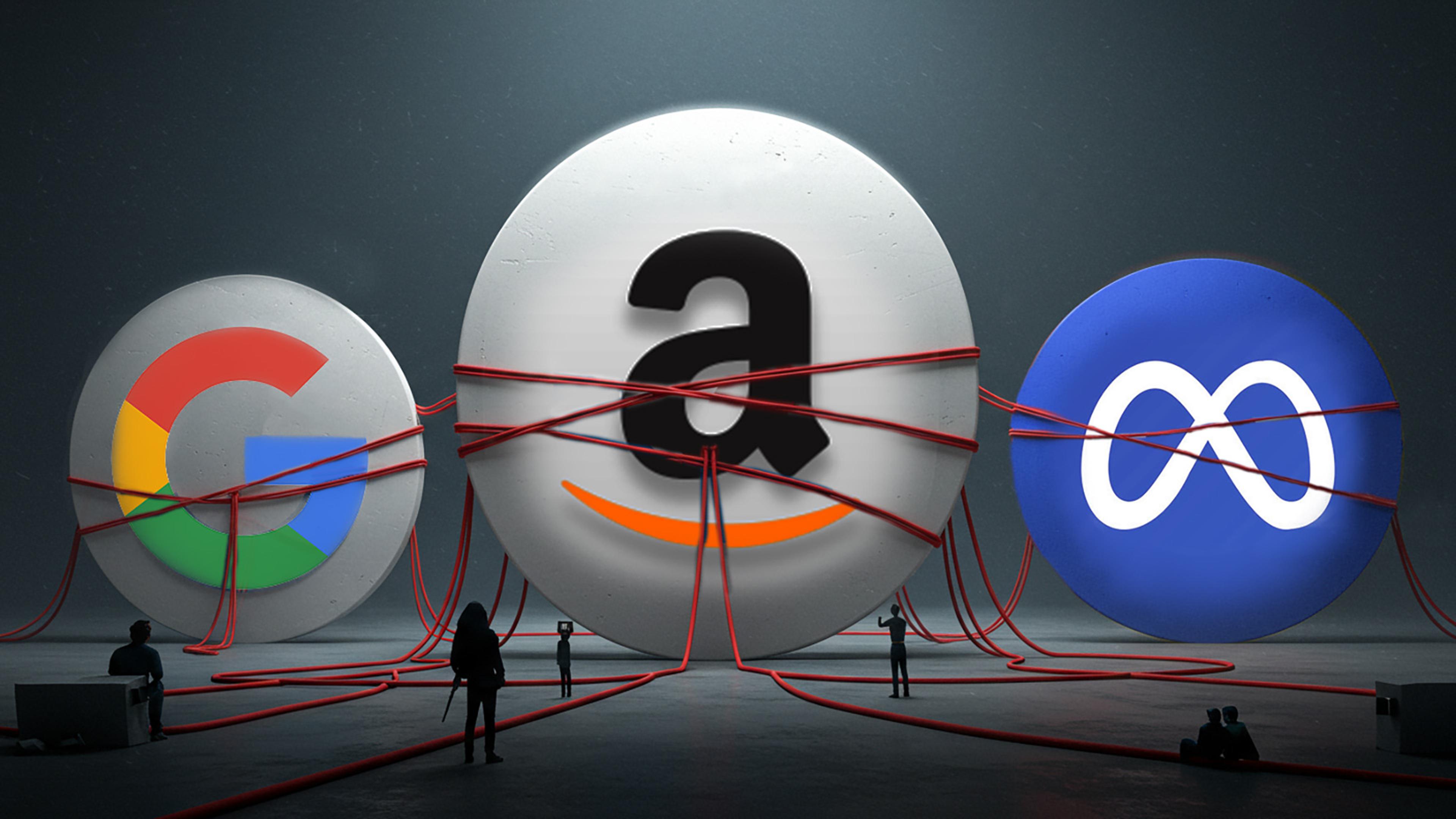South Korea’s Single-Firm Conduct Regulation
The Framework
After facing U.S. backlash over its planned Platform Monopoly Act—modeled on the EU’s Digital Markets Act—South Korea postponed the legislation until after U.S.-Korea trade talks in July 2025 but immediately shifted focus to the Online Platform Fairness Act.[1] The Act designates “online platform intermediary businesses” as those with annual revenue exceeding 10 billion won or total sales over 100 billion won, subjecting them to mandatory written contracts, commission caps, and prohibitions on perceived “discriminatory” transaction terms.[2] Unlike the shelved monopoly bill’s clear thresholds, the Fairness Act adds a subjective “superior bargaining position” test that grants the Korea Fair Trade Commission wide discretion—creating regulatory uncertainty that enables targeted enforcement against American firms.[3] The legislation requires platforms to disclose their algorithms, exposing proprietary technologies, while prohibiting standard commercial practices like self-preferencing and tying.[4] These provisions prompted six U.S. House Judiciary Committee members to warn that the bill would require “public disclosure of proprietary algorithms” and subject companies to “cease and desist” powers allowing the Korean government to halt operations before wrongdoing is found.[5]
Implications for U.S. Technology Companies
The Fairness Act’s vague qualitative criteria and commission caps fundamentally reshape Korea’s digital economy through direct government intervention, distorting market incentives and penalizing successful American platforms for standard commercial practices.[6] Companies most likely affected include Google, Meta, Microsoft, and Apple, which must now divert resources from innovation to navigate Korea’s dual regulatory framework—existing competition law plus new platform-specific rules.[7] The United States has signaled readiness to push back through the proposed U.S.-Korea Digital Trade Enforcement Act, which would require the U.S. Trade Representative to report on impacts to American platforms and take action if Korea passes legislation that “attacks a U.S. digital company.”[8]
This regulatory approach creates precedent for other jurisdictions to impose similar “non-tariff attacks” on U.S. firms, contributing to global regulatory fragmentation that forces American companies to comply with conflicting requirements across markets while competitors from countries without similar rules operate freely.[9] As regulatory fashion spreads from Brussels to Seoul, U.S. technology leaders face mounting compliance costs and operational complexity that diverts resources from the artificial intelligence and innovation investments crucial for maintaining American competitive advantages.[10] Korea’s “bait and switch”—pausing one discriminatory bill after U.S. concerns while advancing another equally harmful measure—demonstrates how countries increasingly use platform regulation as a tool to weaken U.S. technology leadership under the guise of protecting small businesses.[11]
Endnotes
[1] Lilla Nóra Kiss and Hilal Aka, “Korea’s New Fairness Act Risks Chilling Innovation and Derailing Trade Talks,” ITIF, July 24, 2025, https://itif.org/publications/2025/07/24/koreas-new-fairness-act-risks-chilling-innovation-and-derailing-trade-talks/.
[2] “South Korea: Fresh online platform regulations kickstart new era of antitrust law,” Global Competition Review, https://globalcompetitionreview.com/review/the-asia-pacific-antitrust-review/2025/article/south-korea-fresh-online-platform-regulations-kickstart-new-era-of-antitrust-law.
[3] “Korea’s New Fairness Act Risks Chilling Innovation and Derailing Trade Talks”
[4] Center for Strategic and International Studies, “South Korea’s New Digital Competition Bill: A Step Backward for Innovation and Investment,” October 15, 2024, https://www.csis.org/analysis/south-koreas-new-digital-competition-bill-step-backward-innovation-and-investment.
[5] Moon Hwan Lee, “Digital Regulation Is No Longer Just Domestic Policy as Korea and US Clash Over New Law,” TechPolicy.Press, August 8, 2025, https://www.techpolicy.press/digital-regulation-is-no-longer-just-domestic-policy-as-korea-and-us-clash-over-new-law/.
[6] “Korea’s New Fairness Act Risks Chilling Innovation and Derailing Trade Talks”
[7] “South Korea’s New Digital Competition Bill: A Step Backward for Innovation and Investment”
[8] U.S. House of Representatives, “Miller Introduces U.S. - Republic of Korea Digital Trade Enforcement Act,” October 8, 2024, https://miller.house.gov/media/press-releases/miller-introduces-us-republic-korea-digital-trade-enforcement-act.
[9] “Korea’s New Fairness Act Risks Chilling Innovation and Derailing Trade Talks”;
[10] Lilla Nóra Kiss, “Why South Korea Should Resist New Digital Platform Laws,” ITIF, December 9, 2024, https://itif.org/publications/2024/12/09/south-korea-should-resist-new-digital-platform-laws/.
[11] “Korea’s New Fairness Act Risks Chilling Innovation and Derailing Trade Talks”
Related
February 11, 2025


